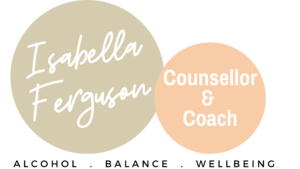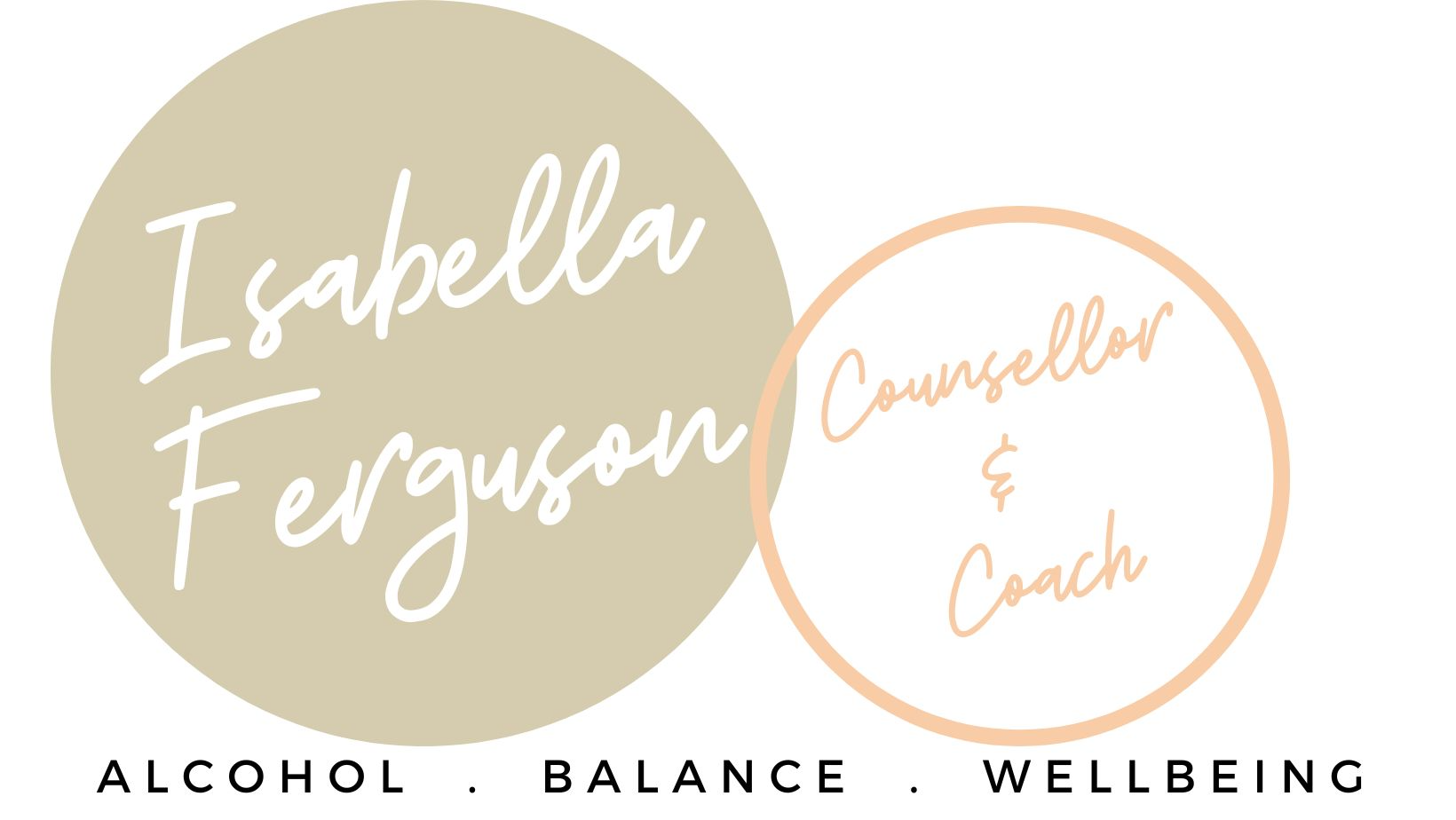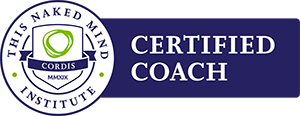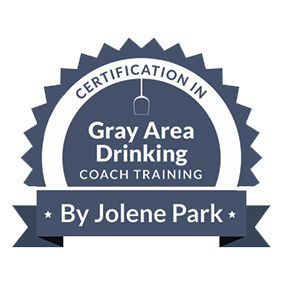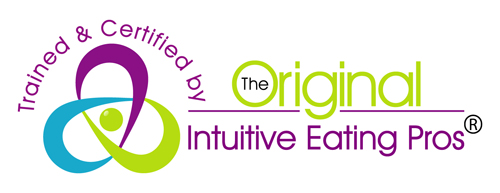Many women now in their mid-late 40s and 50s who, after decades of drinking as part of university and legal culture, are now finding themselves unhealthy and unhappy.
Alcohol plays a significant role in this. This is not an attack on law firms or in any way meant to be disparaging towards female lawyers. In fact, it is the opposite.
This is a shout out to female lawyers who may be struggling with escalating alcohol use (or their alcohol use – full stop), women who are worried about their consumption levels and friends and colleagues of women who may fall into this category. This is an acknowledgment of the prevalence of this struggle and that, with compassion and a helping hand, there is a healthier and happier joyful life waiting on the other side.
Alcohol use disorder breeds in environments where there is persistent overwhelming stress, late hours and fatigue; where the culture encourages and rewards competition and perfectionism and attracts anxious, analytical, methodical and obsessive personalities with perfectionistic tendencies; where alcohol use is prevalent in every celebration and consumed in excess from the top down; in people with underlying mental health conditions such as anxiety and depression[1], and where there is fear of reputational damage and reprisal associated with reaching out for help. Every single one of these elements is present in law firms at levels that are higher than the general population. It is a melting pot of emotional stress, mental health issues and, as the statistics bare out, woman are struggling.
A recent 2021 study of 2,863 American lawyers found that more female lawyers are engaging in both risky and hazardous drinking than their male counterparts[2]. Of those surveyed, 55.5% of woman were found to be engaging in risky drinking and 34% in hazardous drinking. For woman, risky drinking (in this study)[3] is drinking more than 7 drinks per week or more than 3 during one occasion) and is defined as drinking at the level that puts you at risk for medical or social problems. Hazardous drinking (in this study) is having more than 14 drinks per week and is considered to put you at risk for adverse health effects. (Australian statistics relating to alcohol use among lawyers have previously been comparable with American studies[4].)
Sophie, a 48-year-old lawyer, who has asked to be anonymous, says she “would often frequently end up drinking two to two and half bottles of wine” to herself at night to get through an advice at home. If work needed to be finished in the office, she would grab a wine or a beer from the fridge in the firm cafe area. “It just helped get me through a long arduous night… and when I got home I would have another glass of wine to tune-out work and relax before going to bed.” This became a vicious cycle because “I would wake up feeling like crap needing to get to work super early and do it all again.” Sophie is now alcohol free and “truly believes that I had kept going down that path, I just would have broken.”
Having been a lawyer for 15 years myself and participating in (and now witnessing) the aftermath that drinking culture has on senior legal corporate women, I know many women closely and from afar in similar situations to Sophie.
Drinking in law firms is rife and accompanies every celebration from attracting new clients, case wins to farewells. For women, drinking with your smaller work group and larger sub-groups demonstrates loyalty and camaraderie, staying power, fierceness, that you can keep up with the men, to show you choose “the work” before other life goals, to share client/case stories, unload and debrief with colleagues who “get it”, to ensure you are in the running to get the ‘good’ cases, to escape from the combative day…so many reasons.
The work is combative and anxiety-ridden. You can feel like there is no light at the end of the tunnel and the hours eat into your personal life. Working days are long and there is an overlap between working and socialising. Often these groups become your main social circle and can feel like family.
Sophie points out that “firms throw money at lavish lunches at the best restaurants where expensive alcohol is a major focus. The more expensive, the more valued the client, and they can continue into dinner and beyond. Partners, barristers, the senior staff ask you to arrange these gatherings to market and impress clients and they foot the bill. It would be extremely hard to say no; you could, but no one does… I certainly didn’t because I was just so relieved to be away from the office and away from work.” Also, why would she? Sophie believed that alcohol was her reward, helped her relax, allowed her to feel normal.
All of this is incredibly exciting in your 20s and 30s; then not so much in you 40s; then you start to wonder “why am I doing this?”, “what am I gaining here?”, and “how do I want to live the second half of my life?”.
Drinking becomes problematic when you start using it to make you feel “normal” in stressful, traumatic and emotionally uncomfortable moments. Imposter syndrome, stress, gender discrimination, work-pressure creates many of these “moments”. That dopamine / GABA hit that you temporarily receive when you do consume alcohol numbs these difficult feelings and you are relieved. You’ll start believing that alcohol helps you feel better and when this happens the habit and belief is formed and this is reinforced over time. Pumping out an advice is not so bad if you have a glass of red to accompany it, right? You can forget that you are not spending time with your family, that you are bone-tired or that you actually really dislike this part of the job.
If you started drinking at a young age, you are even more susceptible to developing a problem with your alcohol use as you’ll likely already have a behavioural pattern of using alcohol to “help you” get through difficult moments and uncomfortable feelings. This is what you’ll easily reach for when you are stressed, fatigued, socially anxious, lonely or unhappy.
Put simply, alcohol is an easy and available substance to numb the anxiety, the depression, the stress, the fatigue, the lot that comes with being a stressed lawyer and it is putting many lawyers – especially women – at risk to their physical and mental health.
As long-term indulgers well know, it is a vicious cycle. Alcohol is a depressant and in order to maintain homeostasis to protect you, your brain releases stimulant chemicals, adrenalin and cortisol, which stay in your system much longer than dopamine. Hello 3am wake-up!
Also Read: You Don’t Have to Hit “Rock-Bottom”
After long-term use alcohol also takes away your ability to experience pleasure and joy in the small things, the activities you previously found happiness in, such as spending time with your kids or socialising, known as the downward pleasure cycle (see Annie Grace, This Naked Mind). At the very least, this leads to low mood, restlessness, lack of motivation and fatigue, increasing the desire to reach for alcohol again to get that short-term relief.
Many women know that alcohol no longer serves them once they’ve reached senior ranks. What was once their crutch that enabled them to keep doing the hard yards, tasks and hours, that numbed them, has morphed into their company, their energy source and liquid confidence and courage and the thing that they are left with when they are working late hours alone. Although these amazing women are experts in their professional fields, they can find themselves trapped and not living a meaningful or joyful life.
If you (or someone you know falls) into this category, it is not your fault! Becoming addicted to something that is, well, …addictive… and is marketed to appeal to your vulnerabilities to “make you” feel relaxed, happy or popular is not your fault. The first step to turning the trajectory around is to be aware of what is happening and the next step is to explore your (often hidden) beliefs around what you think alcohol “gives” you and spend some time to shine the light on these beliefs and test them for accuracy. Often, some time will be spent examining long-held beliefs associated with confidence, belonging, self-worth, but all of this is worth it, because it sets you free. Reaching out is key!
Alcohol workplace coaching, presented in a shame-free, focussed yet fun environment, ought to be embraced by firms as part of their overall wellness drive and branding. Serve champagne at these events if need be! It’s the perfect environment to facilitate a mindful drinking exercise, allowing participants to pause, sip slowly, reflecting throughout whether it is actually all that they believe it is (it is not!) while learning what alcohol actually does to our brains and bodies. Alcohol use needs to be openly spoken about and people asked if they are ok without fear of reprisal. Sober curiosity should be applauded in these environments. Senior lawyers that have chosen to go alcohol-free or who choose to abstain at work-events should be applauded. A firm-funded counsellor should be available on the condition of anonymity. Information about alcohol use should be on workplace web-site.
There are many, many steps that firms can take to support these women who have earned them so much money over the course of their lives and who are leading the next generation of lawyers.
Last word
 |
For support on how you can change your relationship with alcohol, email me at [email protected] or schedule a breakthrough call on my web to discuss how we can make this mind-shift together. |
_____________________________________________
[1] 2019 Australian & New Zealand Meritas Wellness Survey 2019; ABC News, August 2019, “Lawyers experience high rates of anxiety and depression, survey finds; Beyond Blue and Beaton Consulting, 2007 report, ‘Opening Our Eyes to Depression Among Australian Professionals’
[2] 2021 study, published by the Public Library of Science, conducted by Justin Anker, assistant professor in the University of Minnesota’s department of psychiatry and behavioural sciences, and Patrick Krill, lawyer and licensed and certified alcohol and drug Counsellor
[3] Australian Guidelines relating to alcohol released by the National Health & Medical Research Council states that although there is no safe level of drinking, to reduce the risk of harm from alcohol-related disease or injury for healthy men and women, drink no more than 10 standard drinks per week and no more than 4 standard drinks on any one day.
[4] University of NSW 2014 report, Lawyering Stress and Work Culture
Photo by Trevor Gerzen on Unsplash
